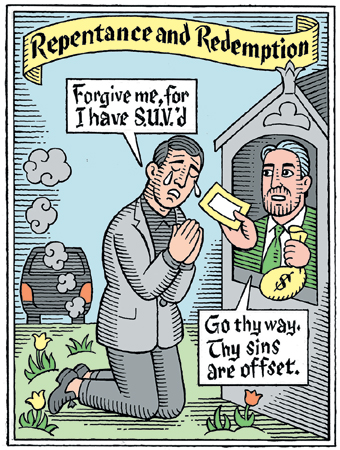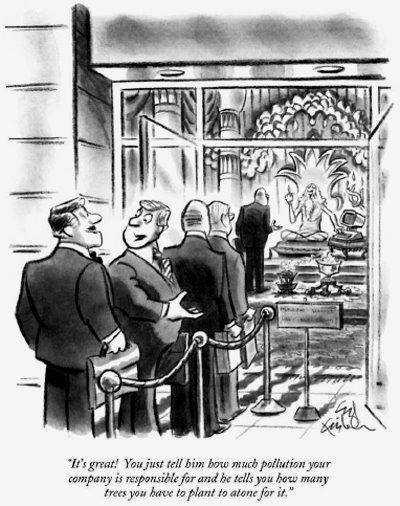Climate Change Requires a Real Movement
by Mohamed Nasheed, president of Maldives
September 20, 2009
cross-posted from Huffington Post
"...[N]o one in the Maldives is applauding the recent pledge of the G-8 nations to try and hold temperature increases to 2 degrees and the atmospheric concentration of CO2 to 450 parts per million. A few years ago, those might have been laudable goals, but new science makes clear they're out of date."
"After the rapid Arctic sea ice melt in the summer of 2007, scientists realized that global warming was happening more quickly and on a larger scale than they had anticipated. Wherever they looked -- high-altitude glaciers, hydrological cycles, the spread of mosquitoes -- they found change happening decades ahead of schedule. In January 2008, James Hansen, one of the world's leading climatologists, published a series of papers showing that the actual safe limit for carbon in the atmosphere was at most 350 parts per million. Anything higher than that limit, warns Hansen, could seed "irreversible, catastrophic effects" on a global scale."
"We're already above that figure -- the current concentration is 390 ppm and rising. For the Maldives, climate change is no vague or distant irritation but a clear and present danger to our survival. But the Maldives is no special case; simply the canary in the world's coal mine. Neighboring Asian countries like Bangladesh are already suffering from saltwater intrusion as seas rise; Australia and the American southwest are enduring epic drought; forests across western North America are succumbing to pests multiplying in the growing heat. And all of this is with temperature increases of nearly 1 degree -- why on earth would we be aiming for 2 degrees?"
Read rest of article
Tuesday, September 22, 2009
Subscribe to:
Post Comments (Atom)
Carbon Confessions from Earth Day 2009, Santa Barbara, CA
The Tree of Carbon Forgiveness

Carbon Penance Generator
|
Penance -- Then and Now

In the Middle Ages, there was no buying and selling of carbon indulgences. Now it's a booming business. "The worst of the carbon-offset programs resemble the Catholic Church's sale of indulgences back before the Reformation," said Denis Hayes, the president of the Bullitt Foundation, an environmental grant-making group. "Instead of reducing their carbon footprints, people take private jets and stretch limos, and then think they can buy an indulgence to forgive their sins." The New York Times, 4/29/07
Carbon-Neutral Is Hip, but Is It Green?

What's a Carbon Footprint?

A
carbon footprint is a "measure of the impact human
activities have on the environment in terms of the amount of
green house gases produced, measured in units of
carbon dioxide". It is meant to be useful for
individuals and organizations to conceptualize their
personal (or organizational) impact in contributing to
global warming. A conceptual tool in response to carbon
footprints are
carbon offsets, or the mitigation of carbon emissions
through the development of alternative projects such as
solar or wind energy or reforestation. A carbon footprint
can be seen as a subset of earlier uses of the concept of
ecological footprints.
Source: Wikipedia - Carbon Footprint
No comments:
Post a Comment